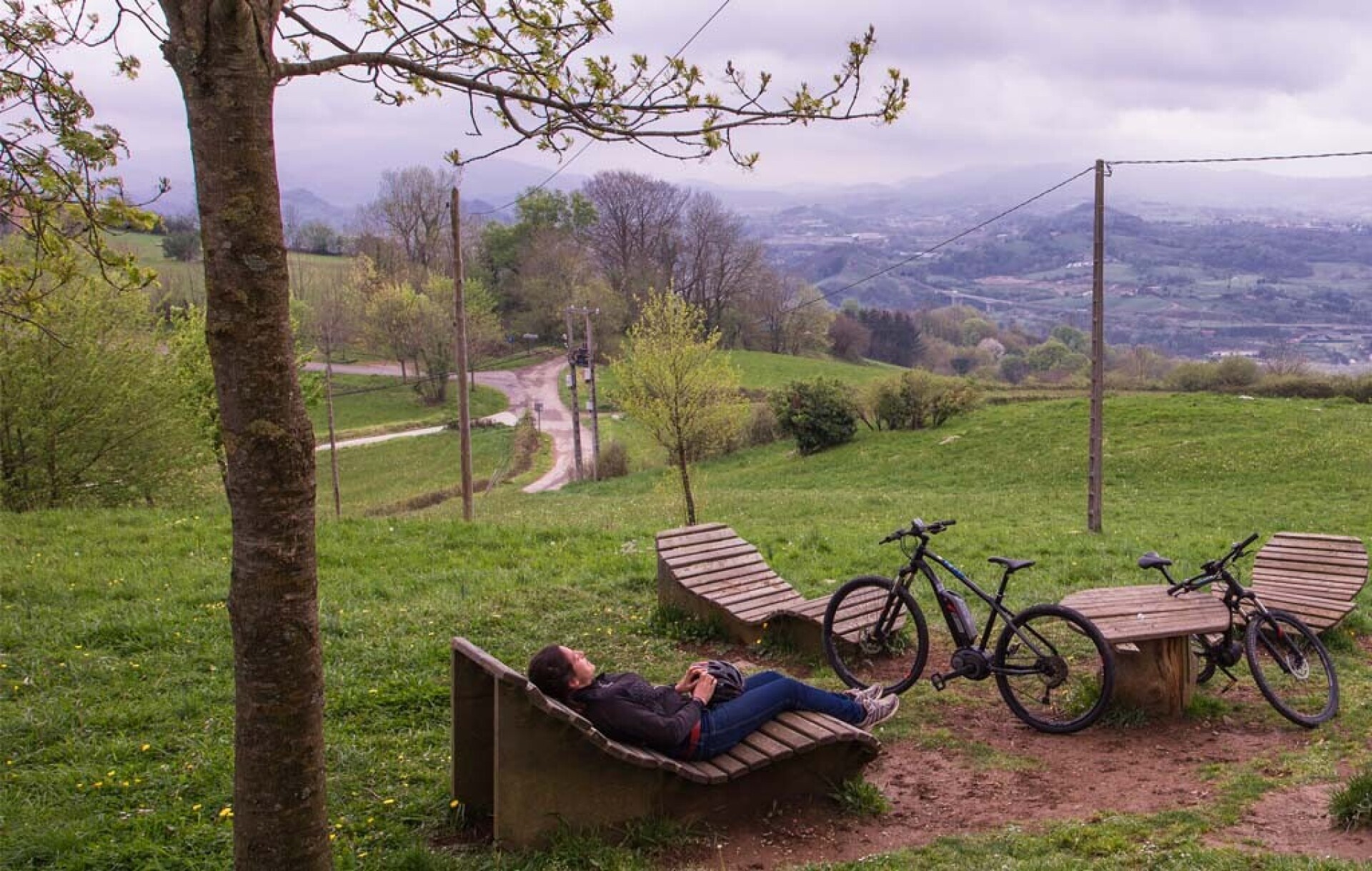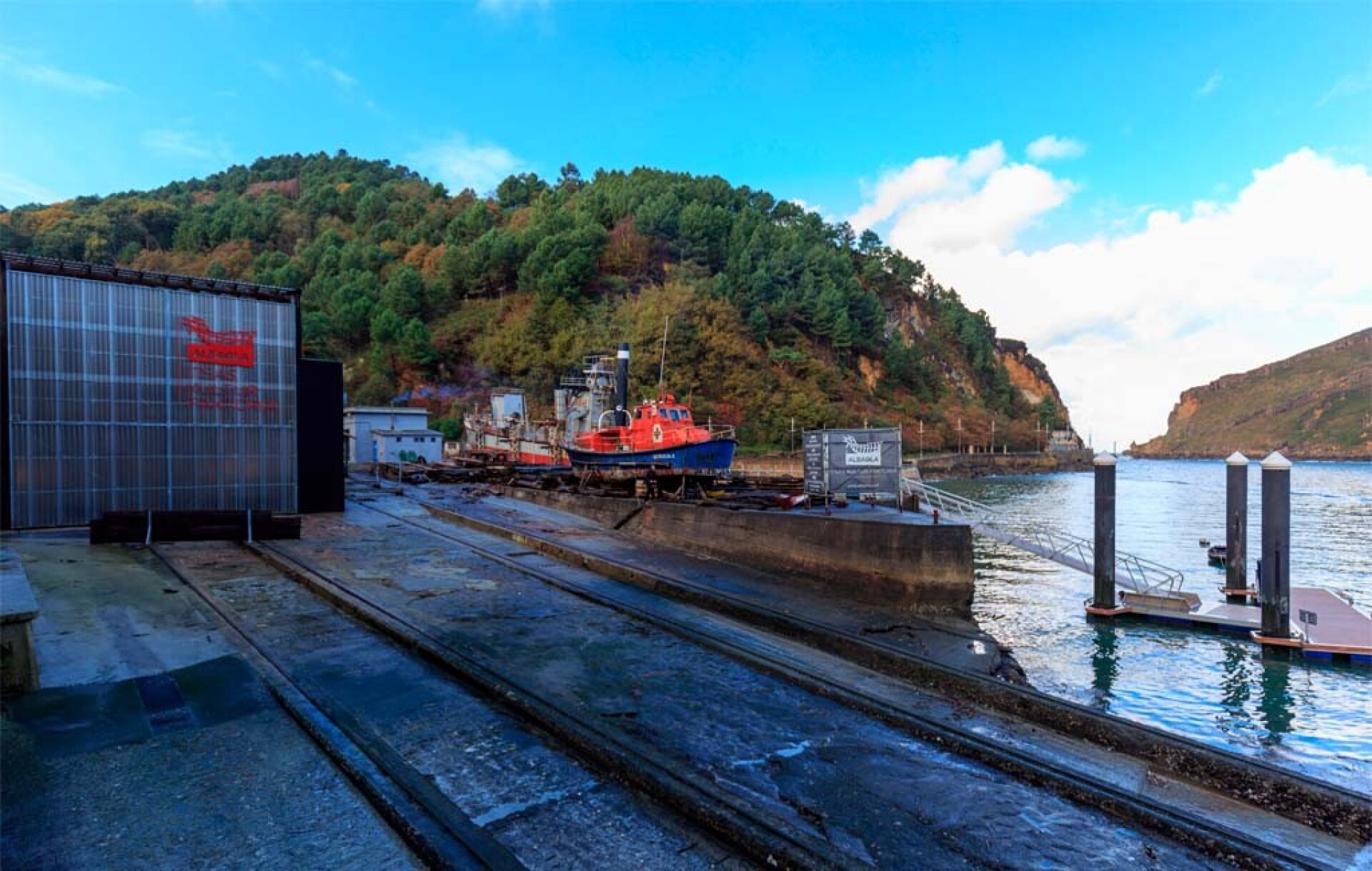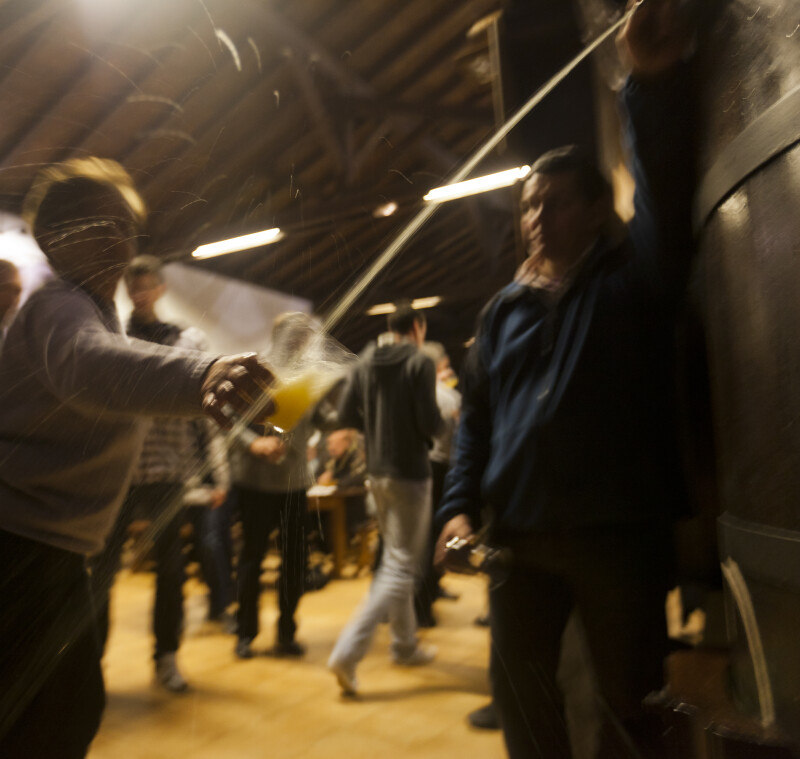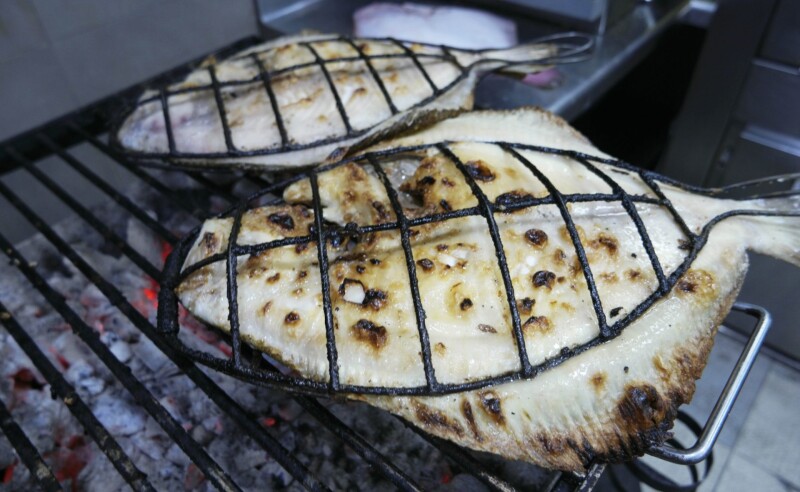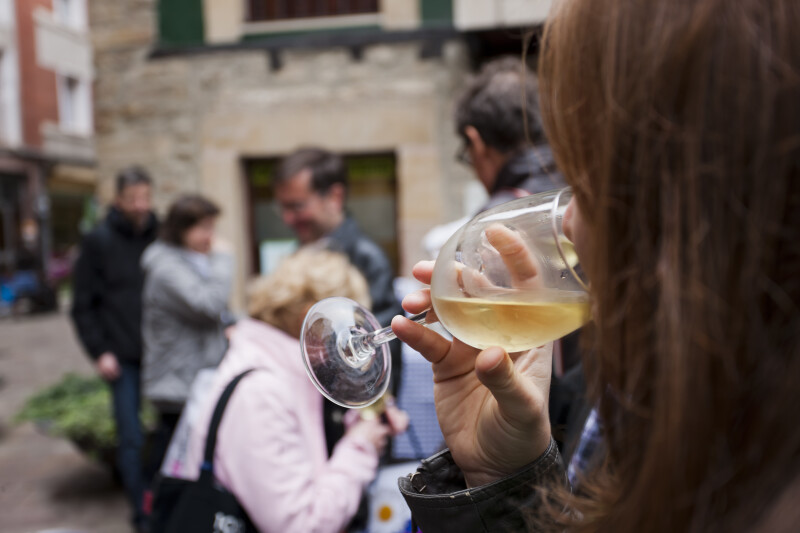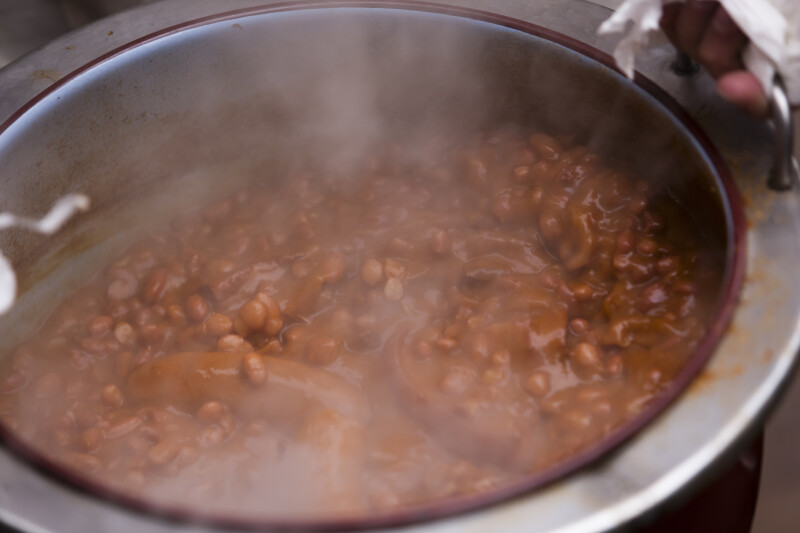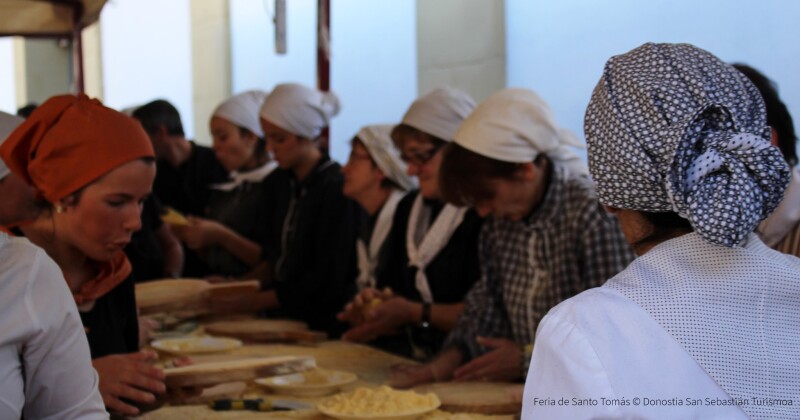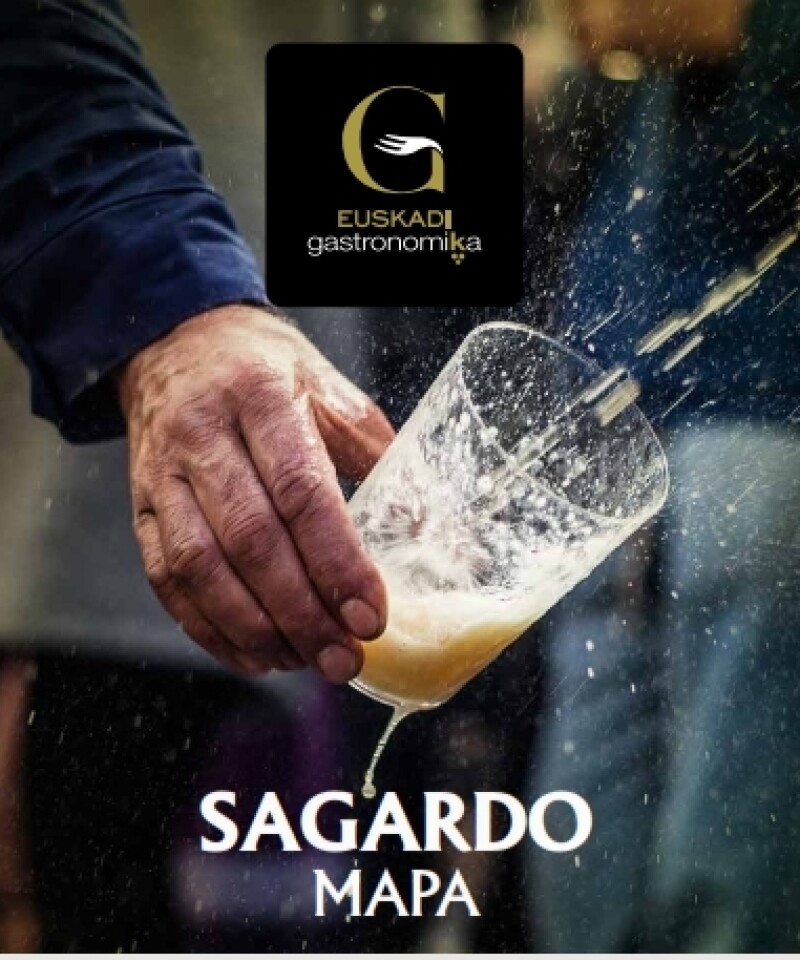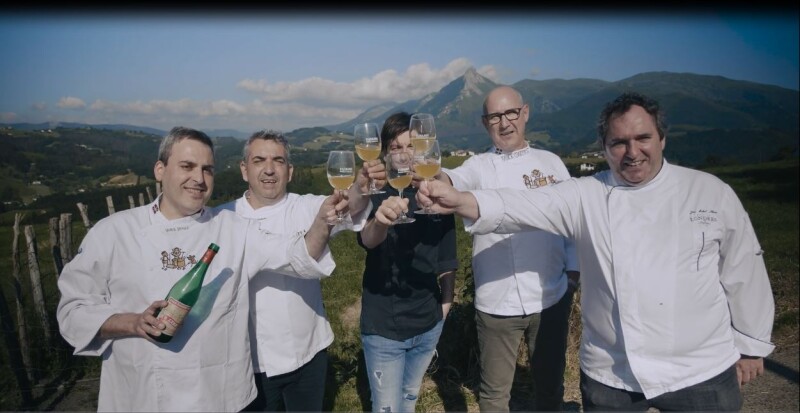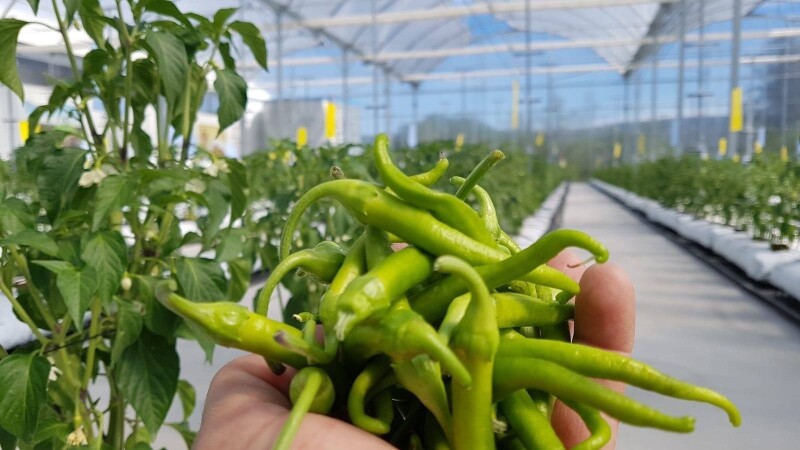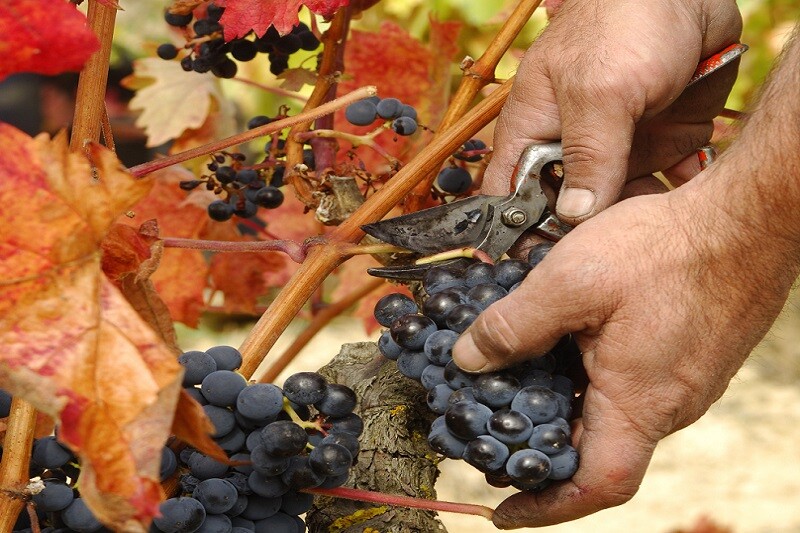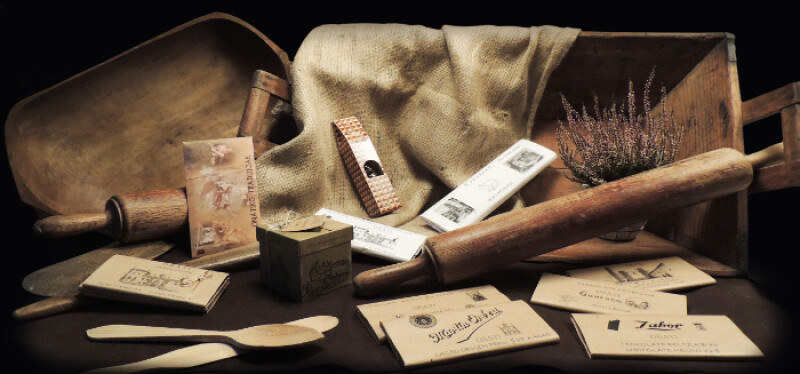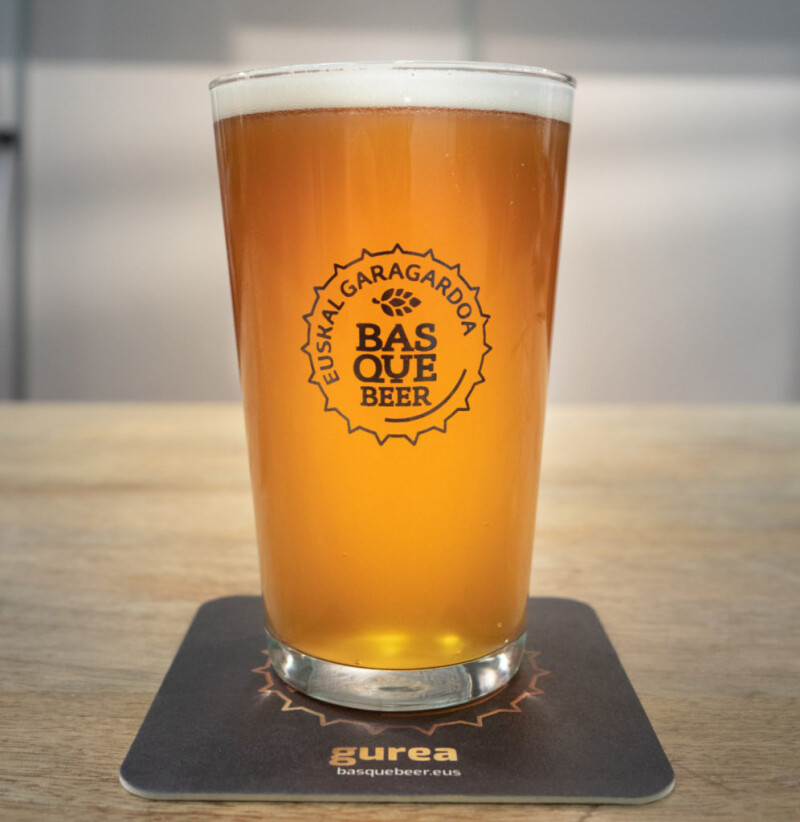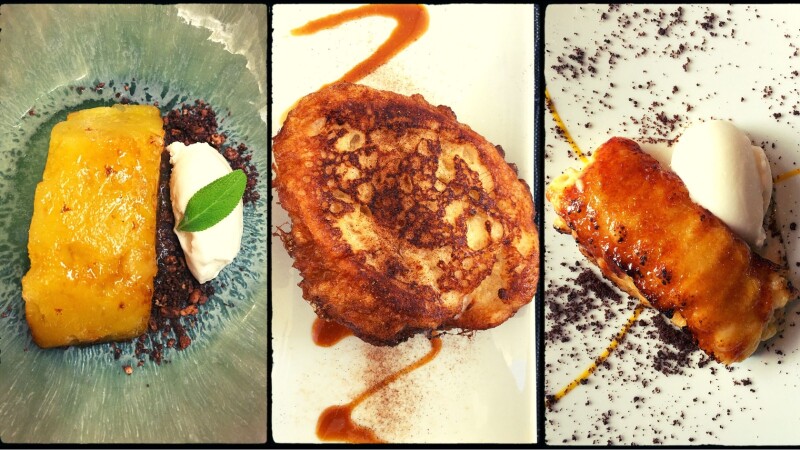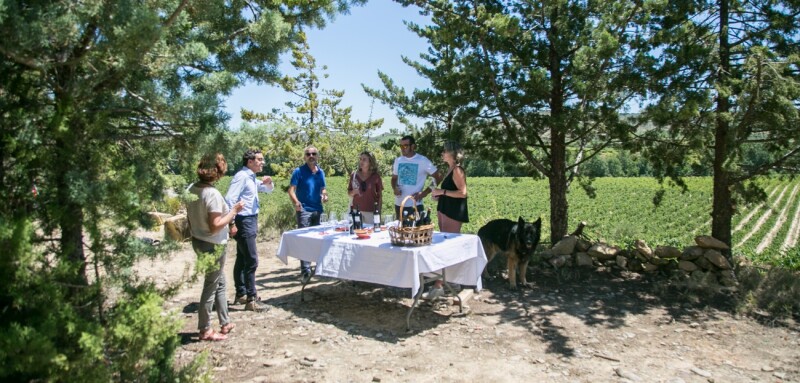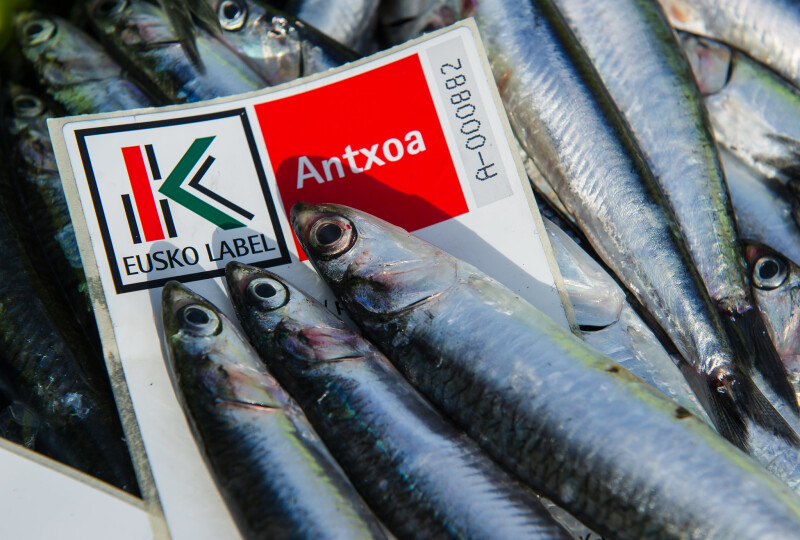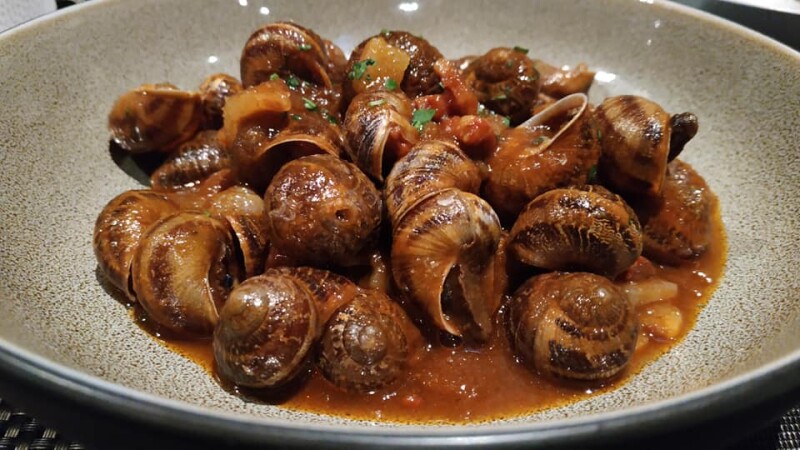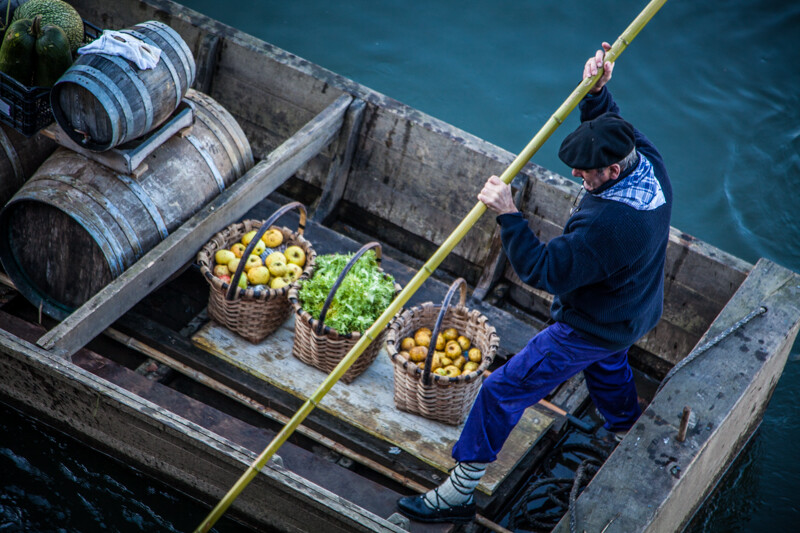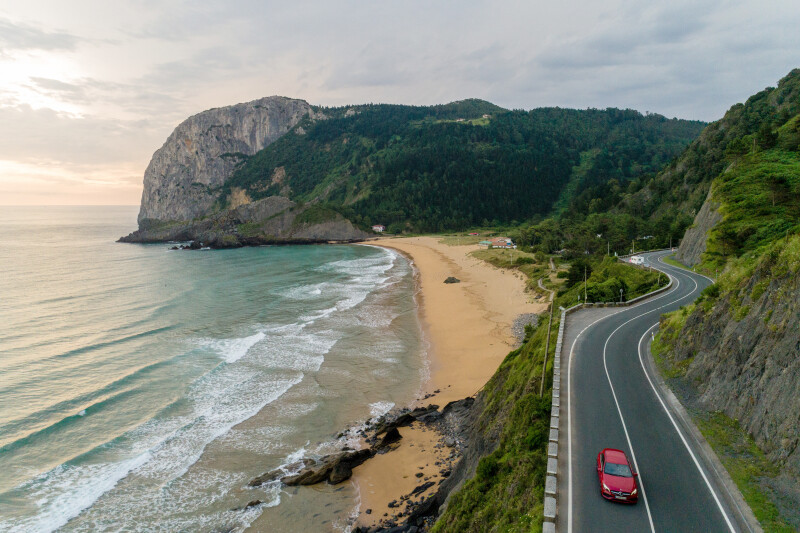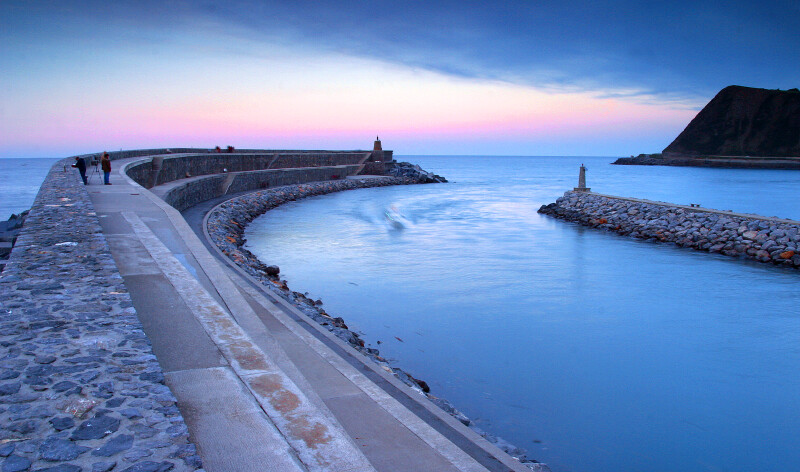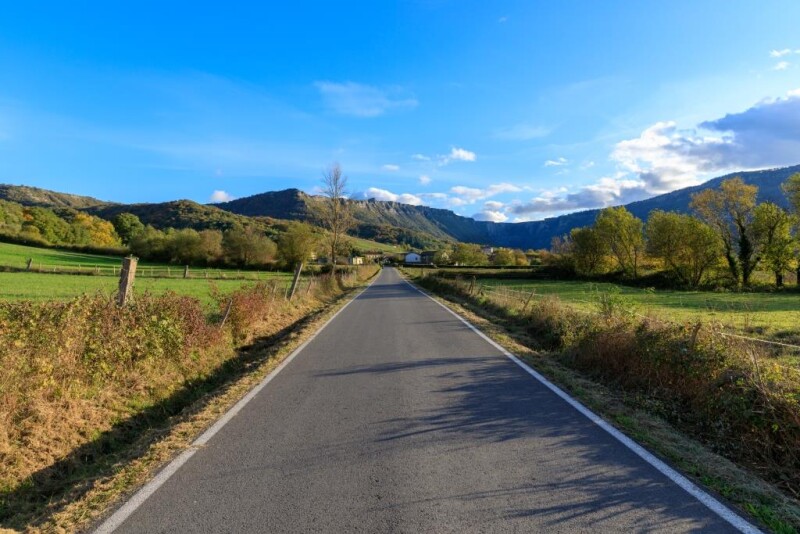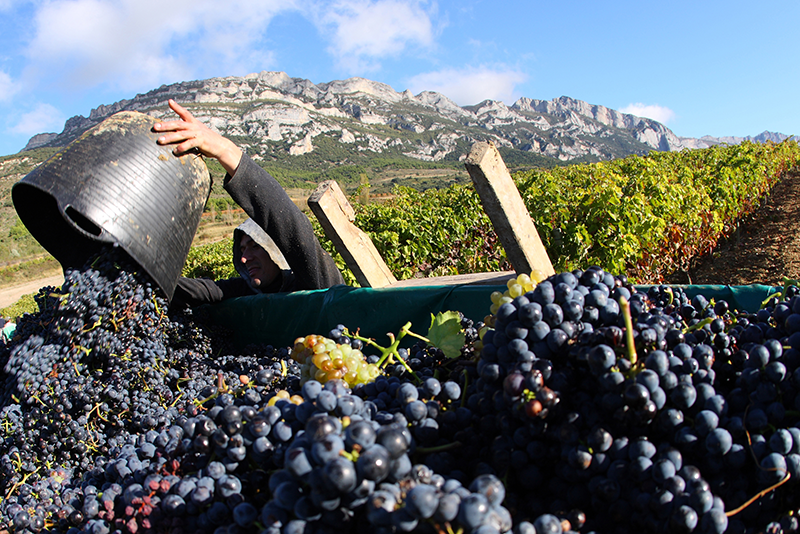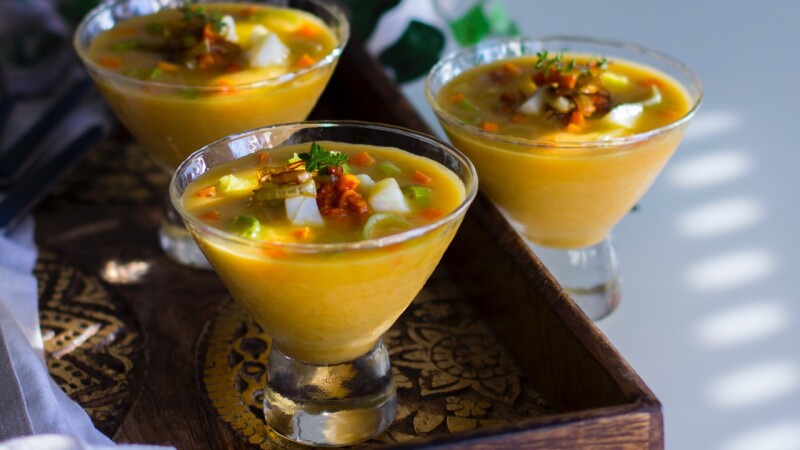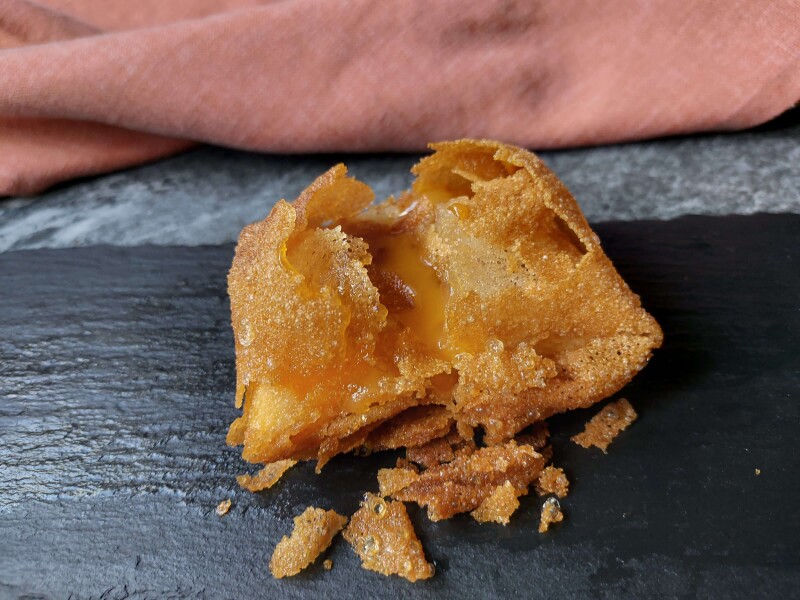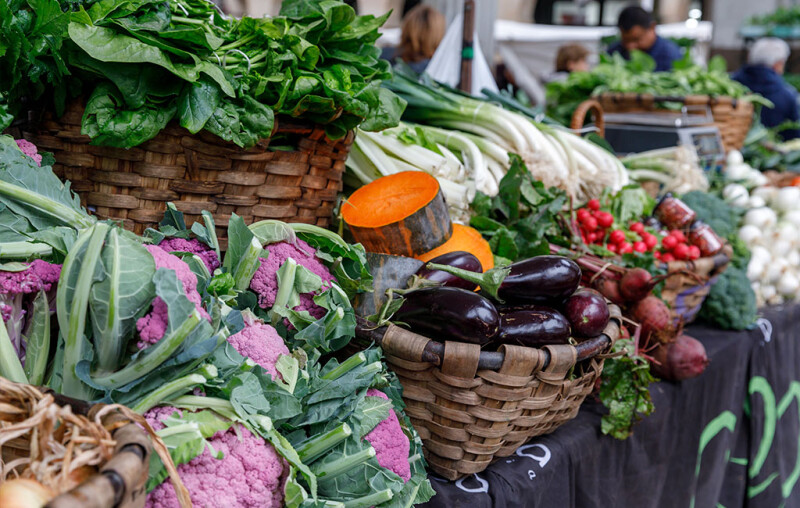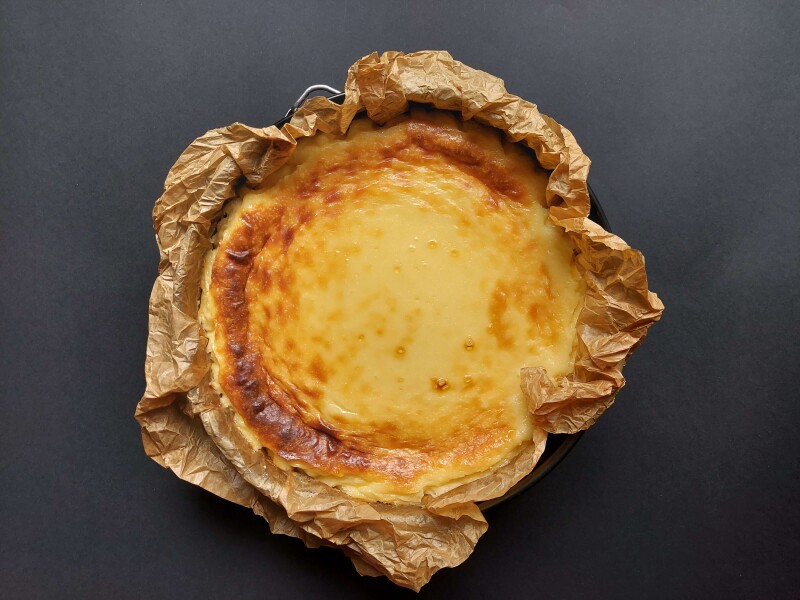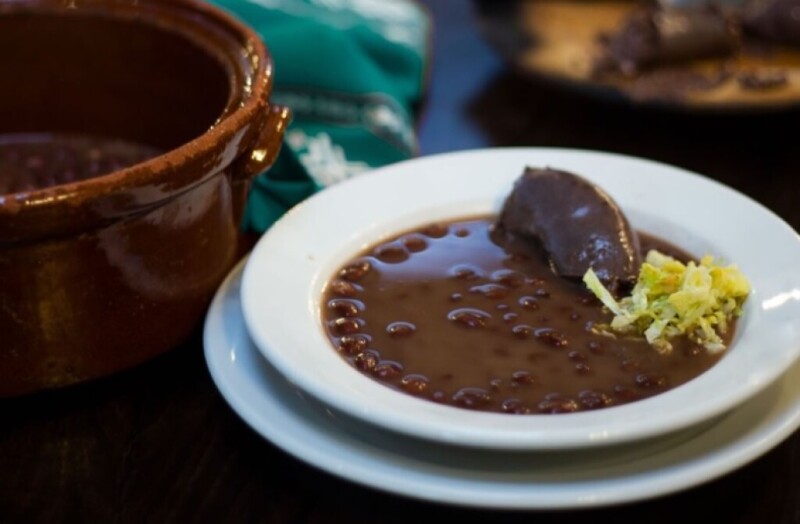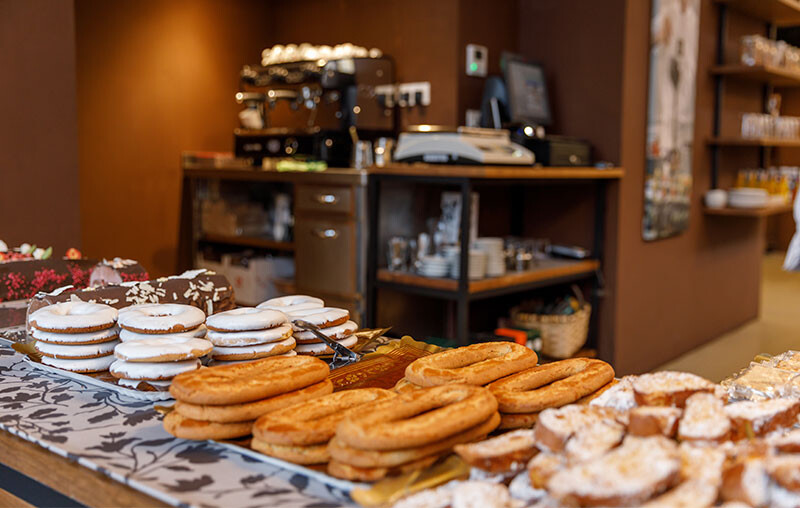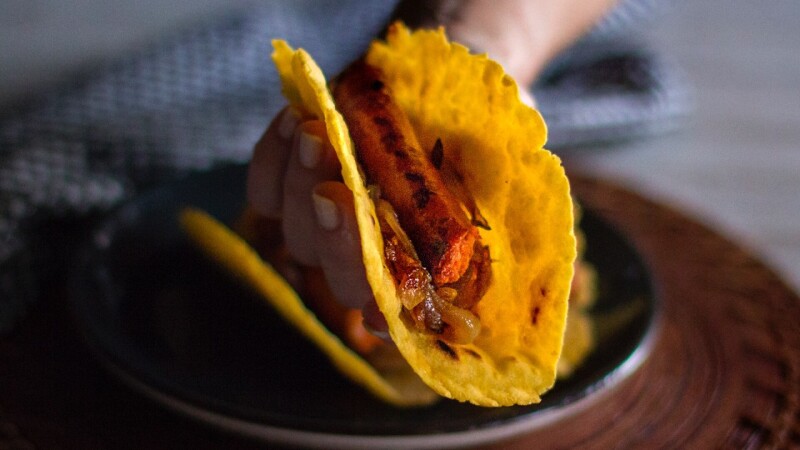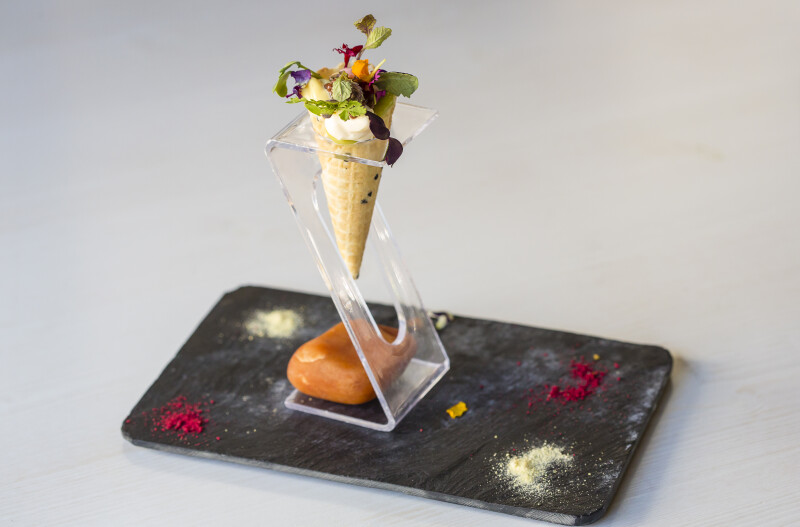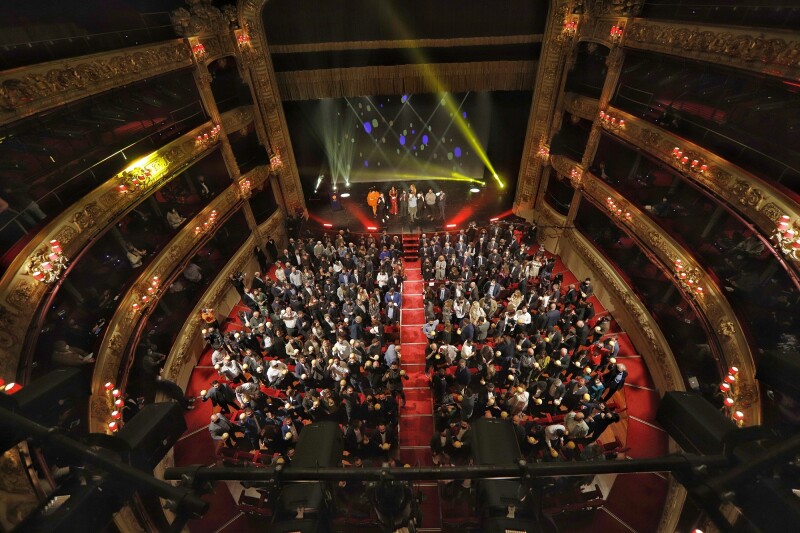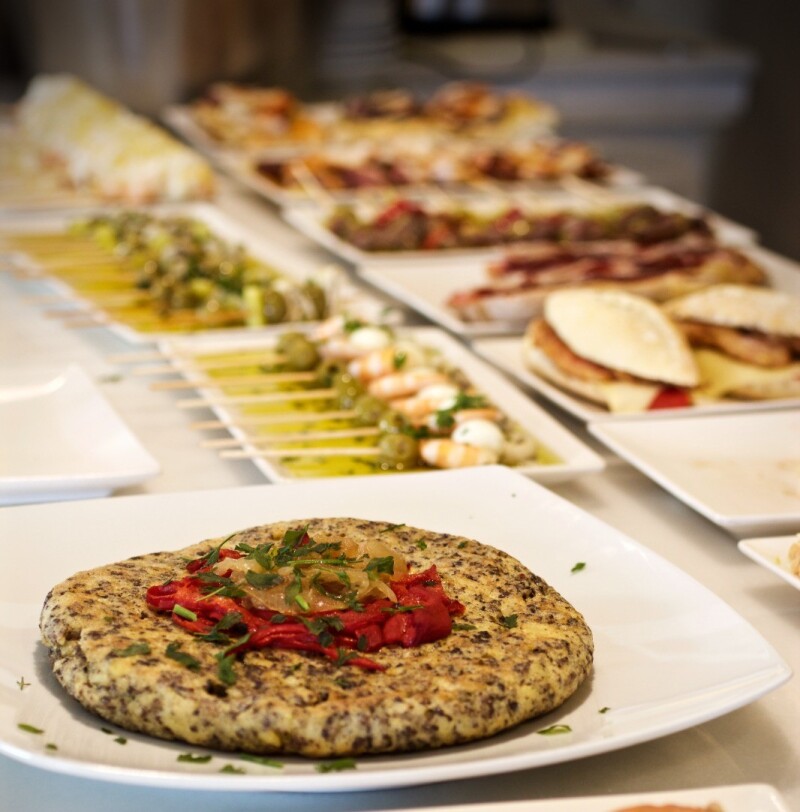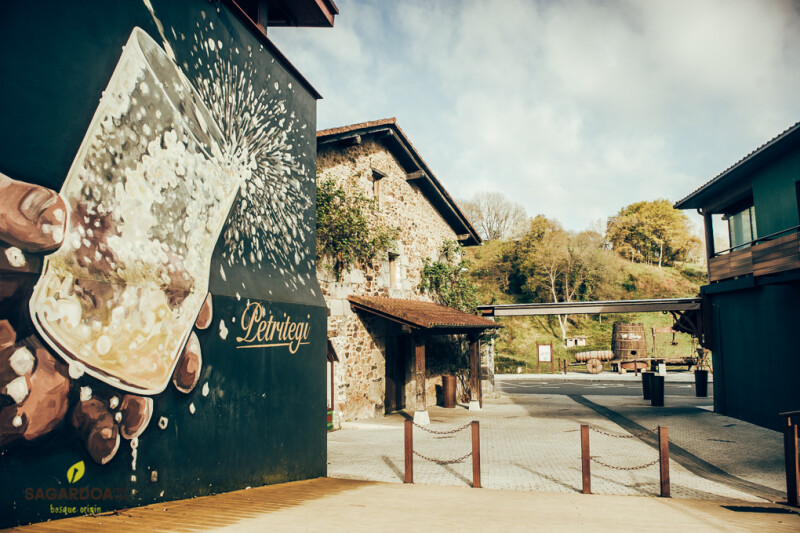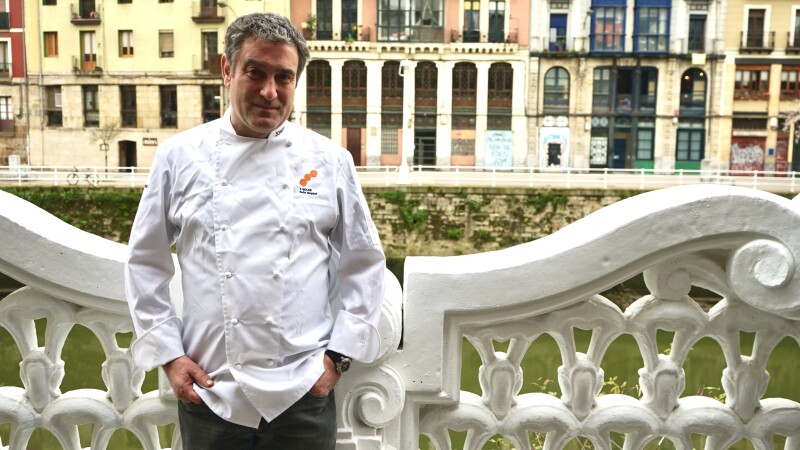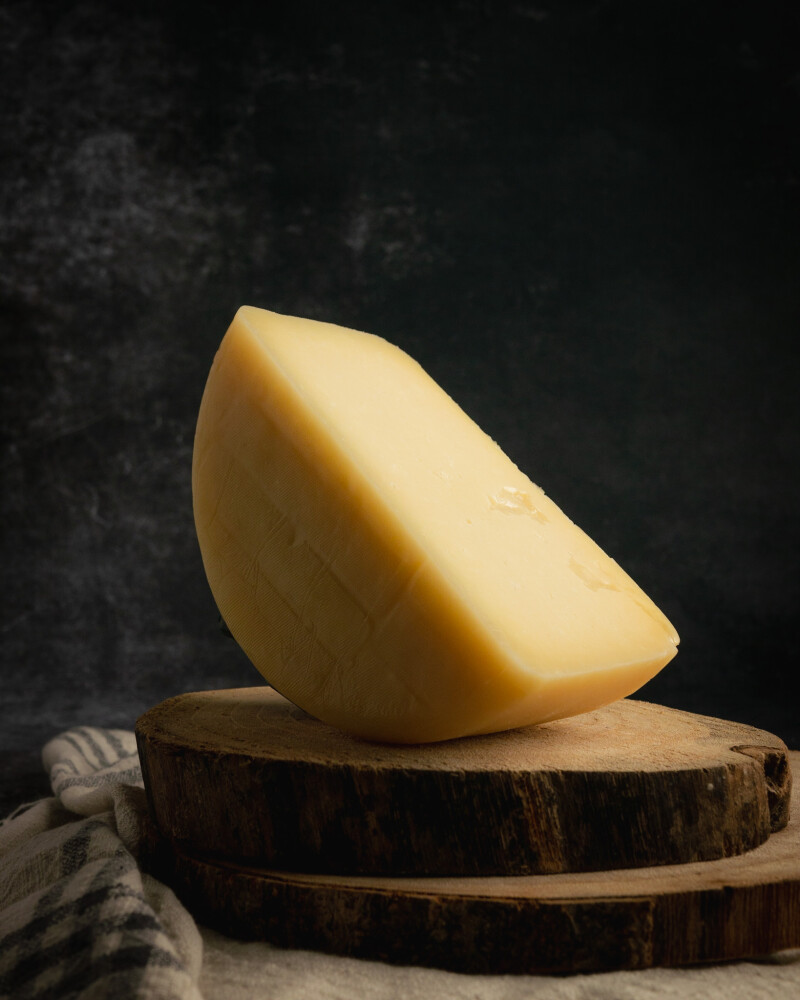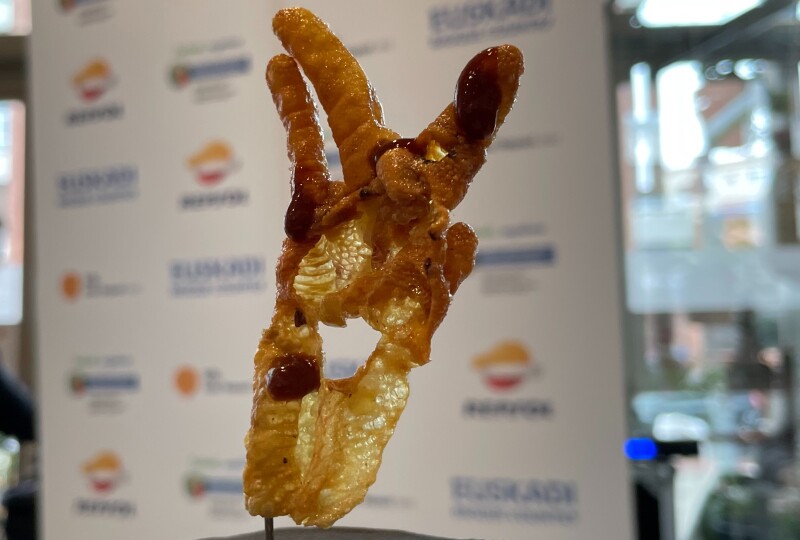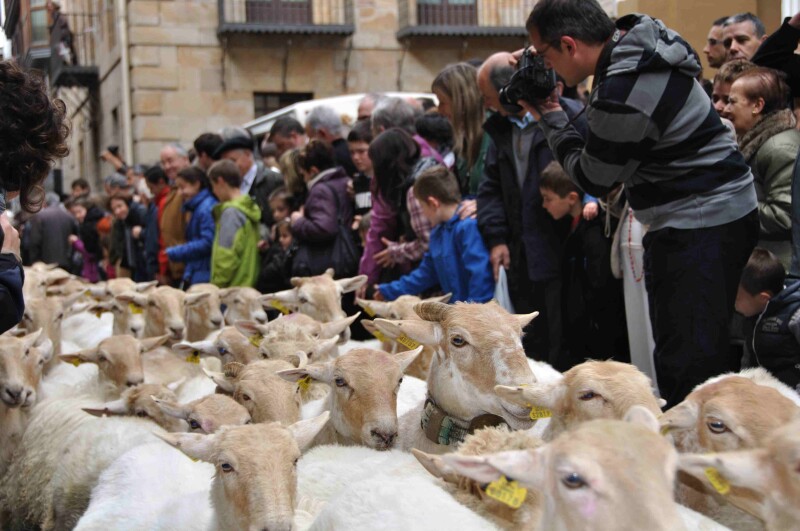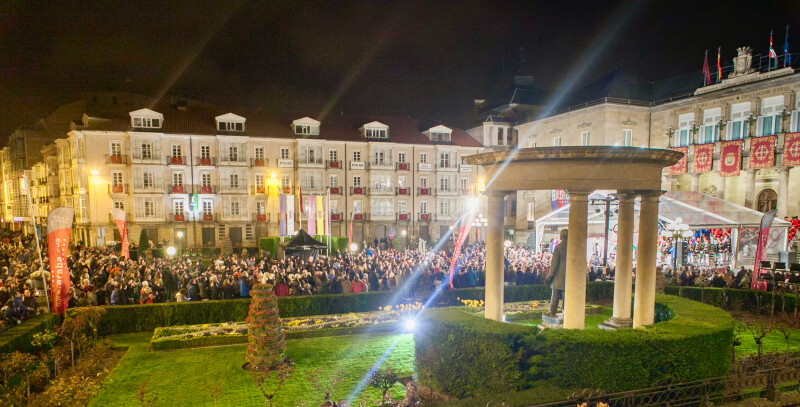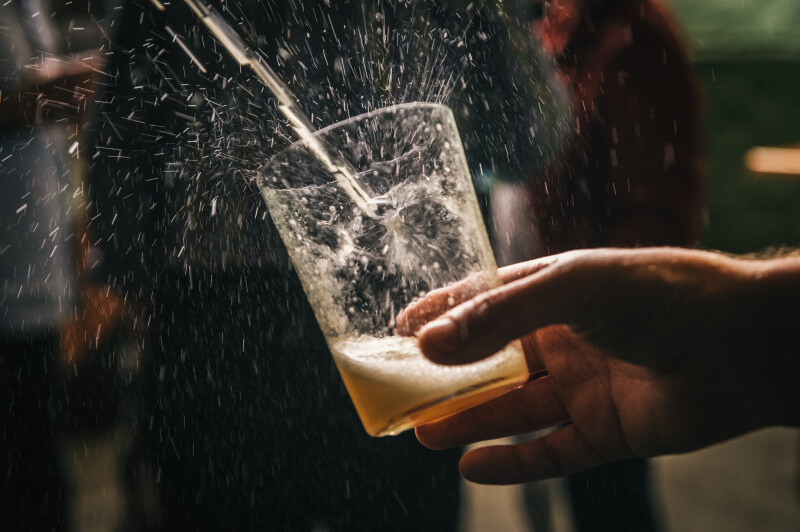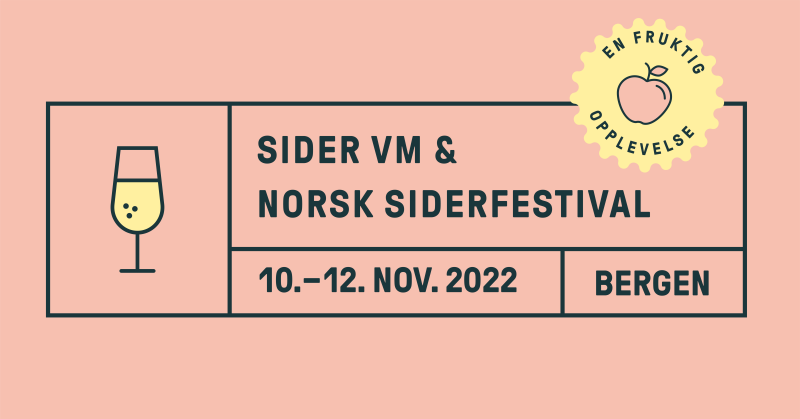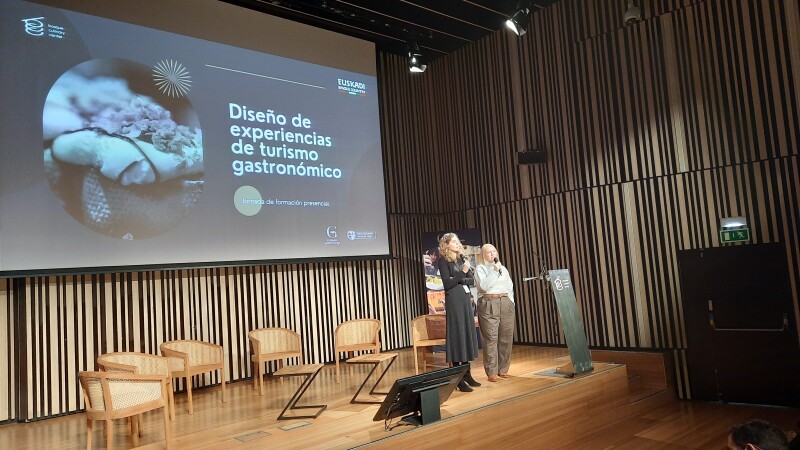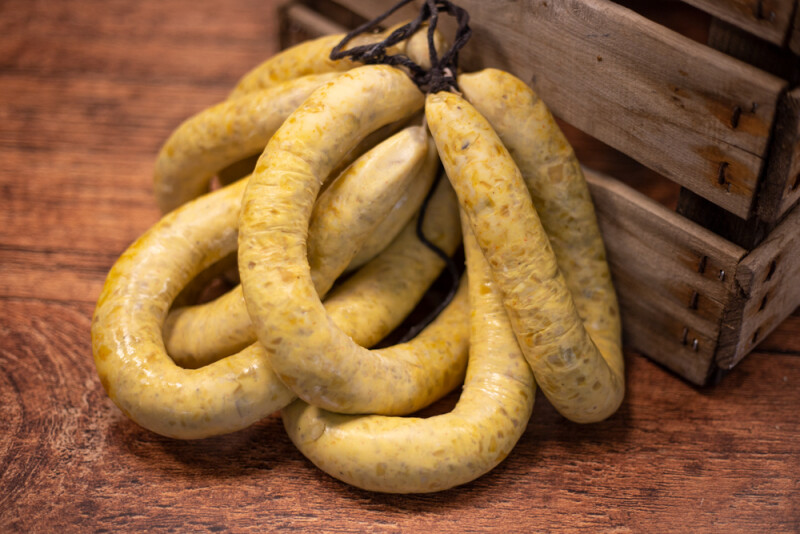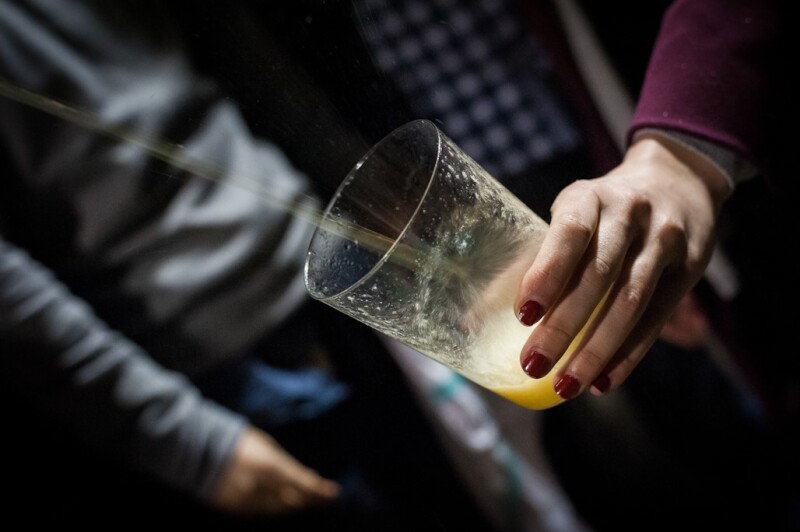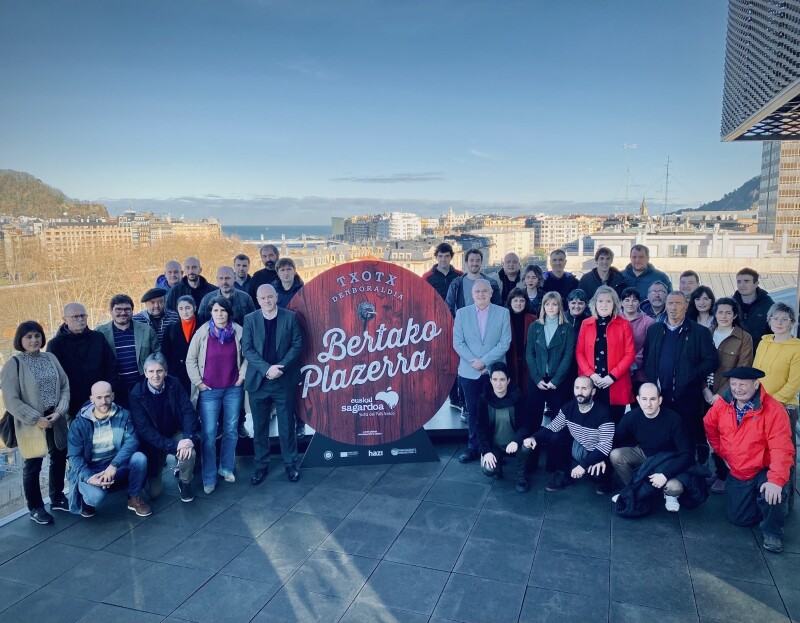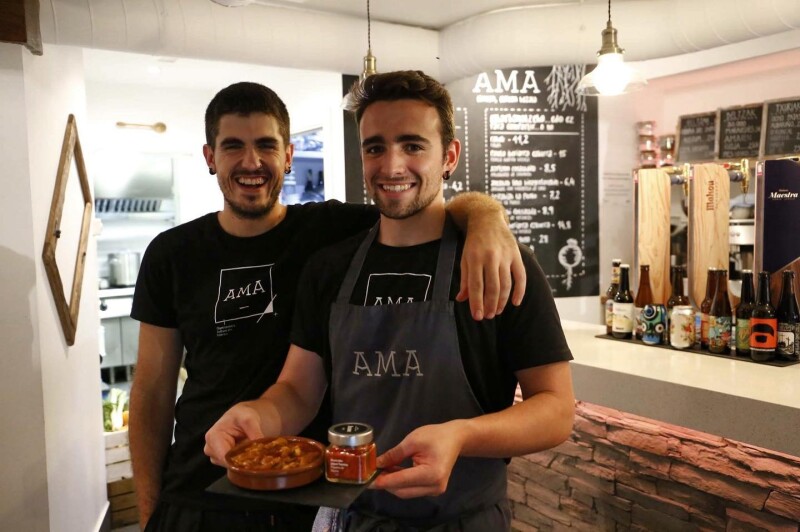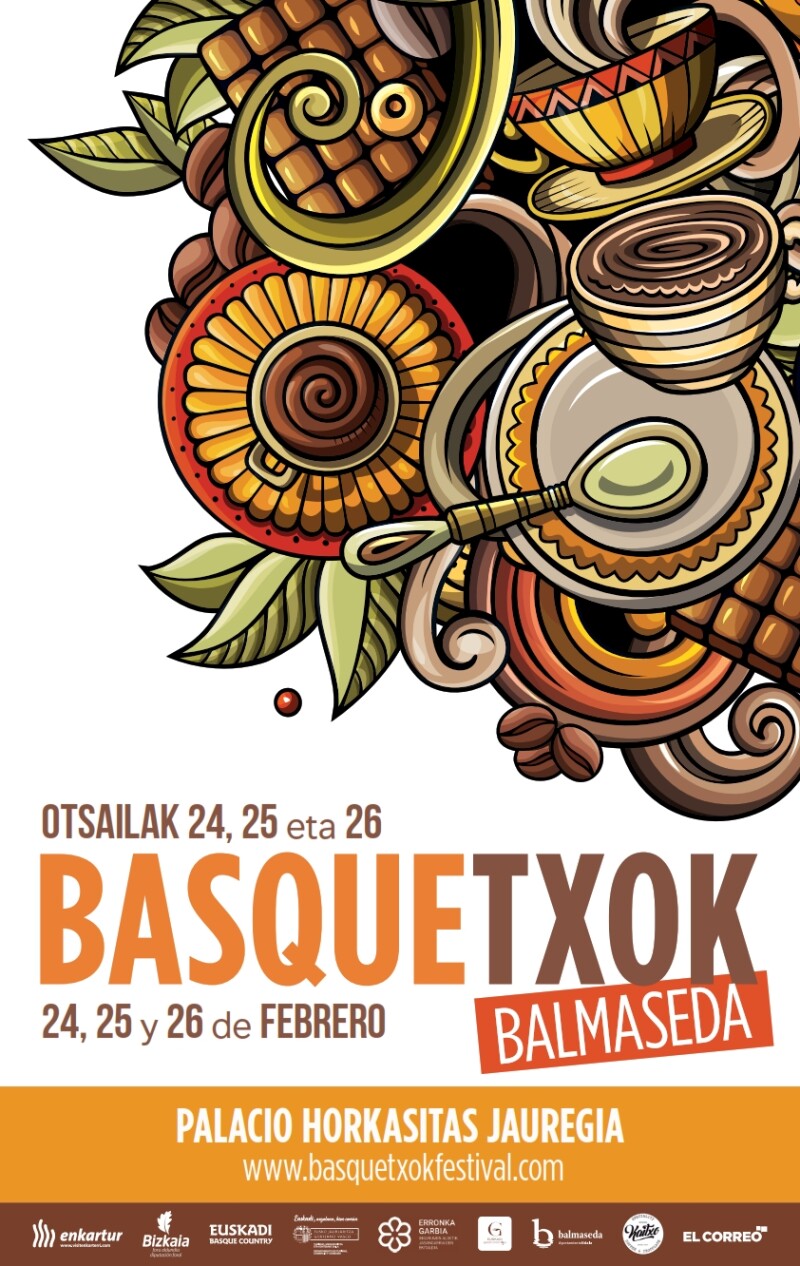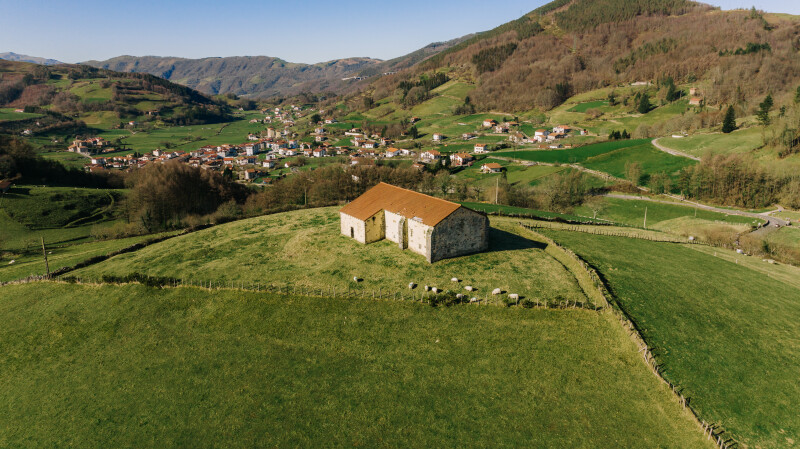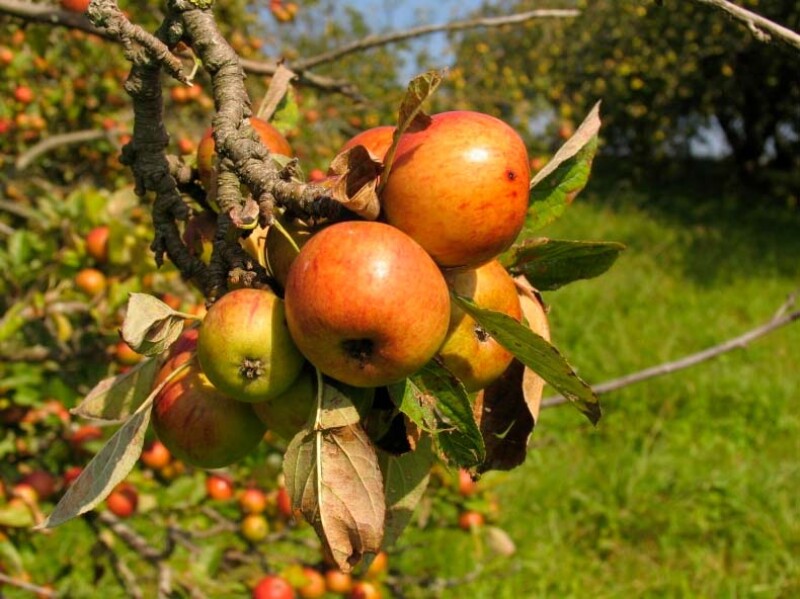
here are many questions about the origin of apples and cider in the Basque Country. Since the first mention of the Basque apple trees dates back to 1024, what is clear is that they were a key element for centuries. There are several theories, but it is believed that these may have been introduced from Africa or thanks to migratory birds.
Much of our culture is linked to cider. It was a common drink among the Basques, especially sailors who used it as a medicine to prevent diseases like scurvy. The cellars were full of barrels of this highly prized medicine, as each crew member consumed an average of three liters of cider a day. The wine villages were expanded throughout the territory to be able to supply the entire population.
The cider production process starts in late September or early October and is carried out in five stages:
- Apple picking.
- Grinding and pressing.
- Preparation of the must and fermentation.
- Bottling.
- Tasting of the obtained product.
Apples are picked one by one with a special instrument called kizkia, and today there are about 14 types of apples in the Basque Country.
With the arrival of corn and its production in the Basque Country, cider production declined. Likewise, fewer and fewer fishing boats were sailing, reducing cider consumption. In this way, cider production and preparation have become a secondary job, especially in Gipuzkoa, the province where the most popular cider houses are located.
The cider season usually runs from January to April and, in addition to tasting cider directly in the barrel, it is possible to enjoy traditional menus consisting of cod tortilla, ribeye and Idiazabal cheese.
For more information about the Territory of Cider, you can consult the Sagardomapa.
Sagardo Forum
Nowadays, cider continues to be fundamental in our culture, gastronomy, and way of living. This is demonstrated through events as important as the Sagardo Forum, one of the most relevant celebrations related to cider. It will be held from November 18th to 21st, 2021, under the motto Cider and nature, connecting territories, and will be the IV Edition. Over these four days, the following will be celebrated:
- Technical talks. Conferences regarding apple culture and cultivation, business opportunities in the cider world and tasting of its products, as well as about cider and tourism.
- III International Cider Competition. The competition will take place on November 19th and 20th, 2021 in Astigarraga (Erribera Kulturgunea). The deadline for registration is November 10th. If you are thinking about registering.
- II International Cider Fair. It will be held from November 20th to 21st, 2021 at the Kursaal Congress Center in Donostia - San Sebastián. It is aimed at the general public and the professional public.
Every second year, the Sagardo Forum brings together the most relevant professionals from diverse disciplines related to cider. Without a doubt, it is an excellent opportunity to share and grasp from other experiences and business trajectories. A perfect space to analyse the current situation, as well as see forthcoming trends and opportunities.
Other activities related to cider
If cider culture fascinates you, hither are some ideas for making the most of it:
- Sagardoetxea
On the occasion of the 15th anniversary, the Basque Cider Museum organized an extensive program of activities during the month of September: family workshops, musical presentations, drawn storytellers... Take a look and subscribe to the ones that interest you the most! - Sagartrekking
If you like walking, the Cider territory will not disappoint you. Discover colorful trails, farms, and apple orchards! You decide whether to accompany the experience with specialized guides or not. - Sagarcycling
Do you prefer cycling than walking? Then this plan is for you, as there is a route from Donostia to Astigarraga that you can take by bicycle. Once you get to the heart of cider, you can visit Sagardoetxea, the Basque Cider Museum, and taste cider accompanied by excellent pintxos. Live the txotx rite in the first person!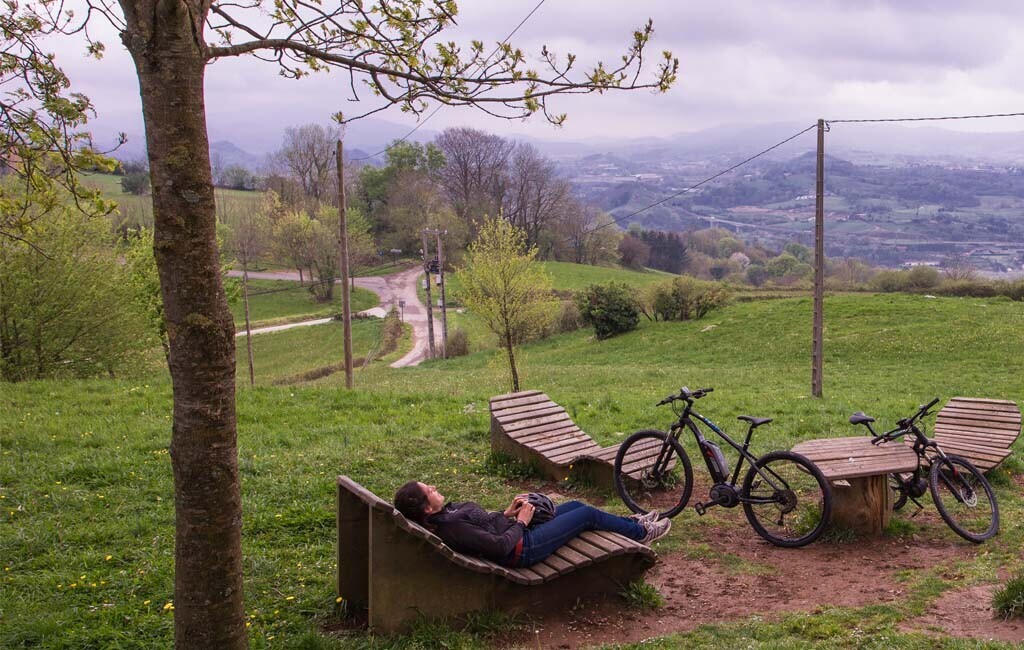
- Canoeing and Cider house
Sport, gastronomy, and Basque culture on a canoe trip on the Urumea River. It is a guided activity that culminates with tasting a traditional cider house menu. What else can you ask for? - Tours
Sagardoaren Lurraldea offers all kinds of tours through the villages of the Territory of Cider: the cider path, electric bike tours, guided tours in Astigarraga, tastings, and much more! - The cider route
It is a route that starts in Hernani, passes through Astigarraga, and ends in Santiagomendi, one of the stretches of the well-known Camino de Santiago along the coast. From the greenest places to the most famous cider houses, in this walk, you will immerse yourself in our culture. - The cider and the sea
It's a comprehensive one-day plan to learn about the connection between cider and the sea. It starts from the port of Pasaia to the Basque Maritime Factory in Albaola, where we find a replica of a whaler. On the way back to port, the plan continues with a visit to Sagardoetxea and ends with dinner in a typical cider house. Do you have a better plan?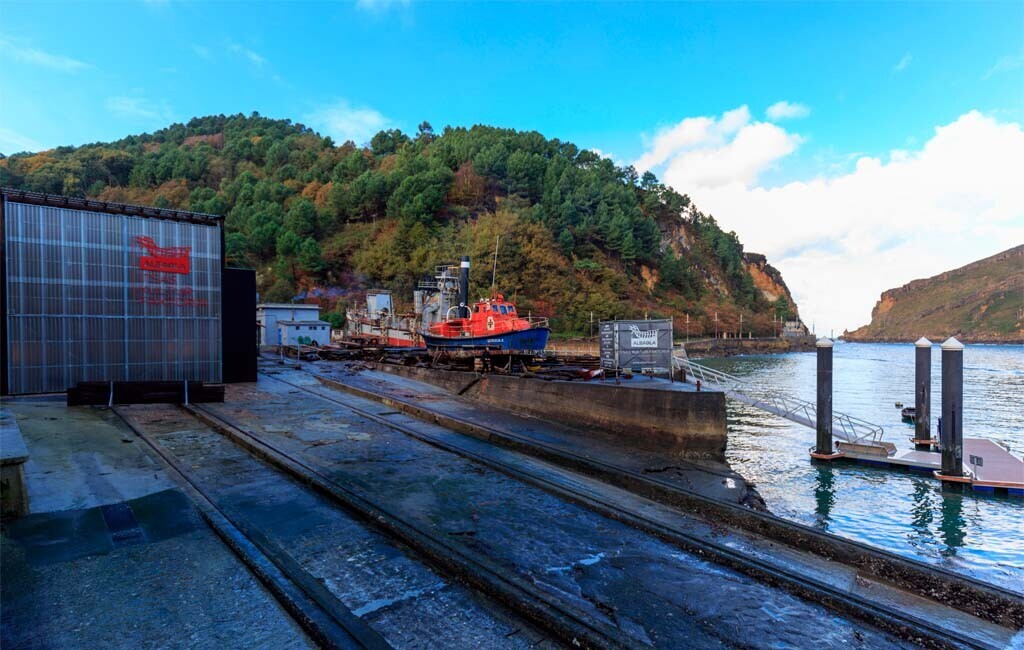
- Workshops
Sagardoaren Lurraldea organizes workshops related to cider and apple picking throughout the year. Check their schedule and don't miss the opportunity to live unique experiences with your family, friends, or as a couple. - Rowing and cider house
If you've always dreamed of being a rower, this is your chance! You'll travel along the Oria estuary on a trawler guided by an instructor, and at the end, you'll delight yourself with the delicious menu of the cider house. You'll travel along the Oria estuary on a trawler guided by an instructor, and at the end, you'll delight yourself with the rich menu of the cider house. - Cider day
There are several places that celebrate the Sagardo Eguna (day of cider), but here we indicate the ones that stand out the most:- Sagardo Eguna in Usurbil (May)
- Sagar Uzta in Astigarraga (September)
- Apple and Cider Day in Hernani (September)
- Sagardo Eguna in Donostia (September)
We recall that in the last two years some of these events were not possible due to sanitary restrictions; therefore, if you plan to go, remember to look for up-to-date information.
As you can see, there are many ways to get to know the cider culture in a practical way: producing it, tasting it, and even walking in the steps of the first Basque producers. Which one do you dare?
